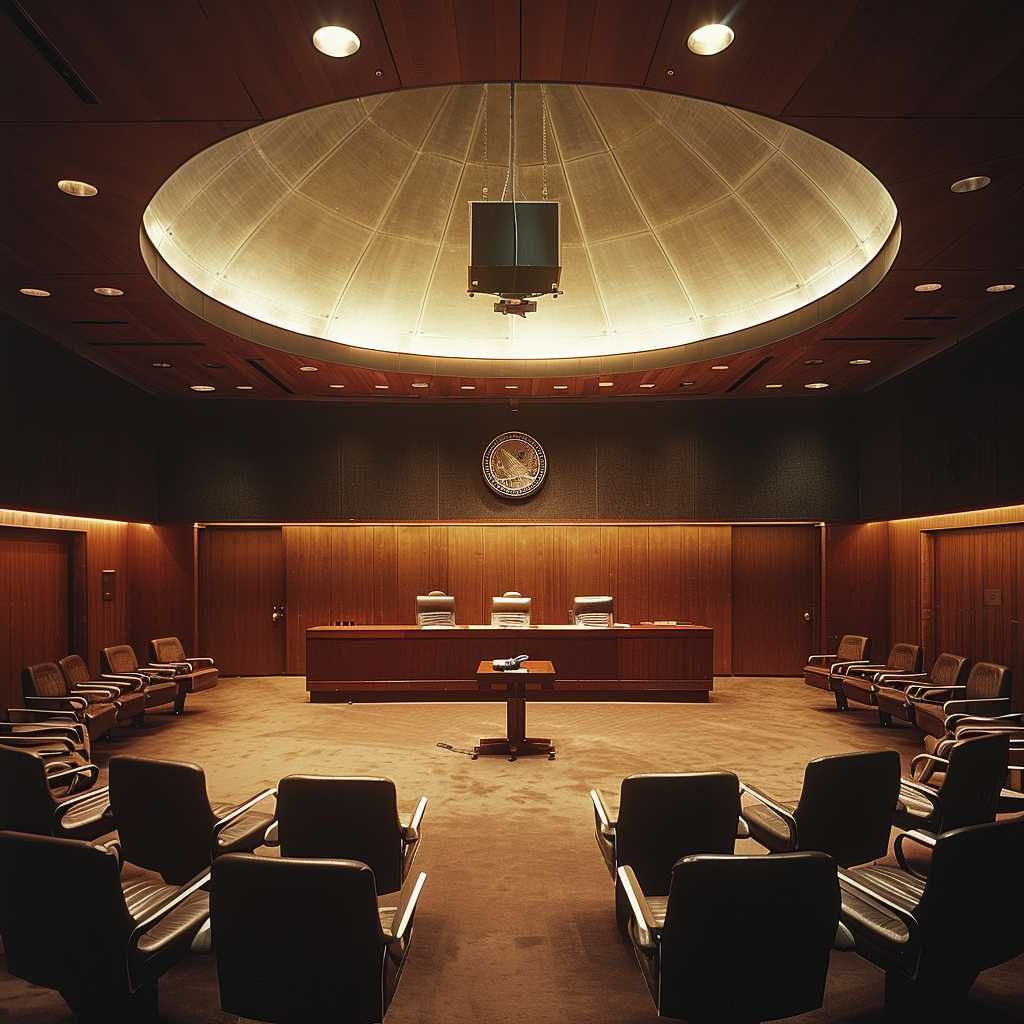The Function and Evolution of the Foreign Intelligence Surveillance Act (FISA)
The Foreign Intelligence Surveillance Act (FISA) has been a cornerstone of national security law in the United States since the aftermath of the Watergate scandal. The act provides a legal framework for the surveillance and collection of foreign intelligence information between foreign powers and agents of foreign powers suspected of espionage or terrorism. This article explores the origins, purpose, mechanisms, adaptations, and controversies associated with FISA.
Origins and Historical Context of FISA
The Foreign Intelligence Surveillance Act, passed in 1978, was a legislative response to abuses of surveillance activities revealed during the Watergate scandal. Preceding the enactment of FISA, government agencies occasionally conducted electronic surveillance within the United States without judicial approval, raising concerns about violations of civil liberties and constitutional rights.
FISA established guidelines for physical and electronic surveillance and collection of “foreign intelligence information” between “foreign powers” and “agents of foreign powers.” The law aimed to safeguard US citizens’ rights while allowing for intelligence activities crucial to national security.
The FISA Legal Framework
FISA outlines procedures that must be followed for the surveillance and collection of intelligence related to foreign powers and their agents. Central to the functioning of FISA is the Foreign Intelligence Surveillance Court (FISC), a federal court established within the Department of Justice. Composed of federal judges, FISC is responsible for overseeing requests for surveillance warrants against foreign spies within the United States. When an agency such as the Federal Bureau of Investigation (FBI) or National Security Agency (NSA) seeks to conduct surveillance, it must present its justification to FISC to prove that probable cause exists that the target is a foreign power or an agent thereof.
Under FISA, surveillance activities must be “as minimally invasive as possible” and are generally limited to a specific period. Extensions require further court orders. Additionally, there are significant record-keeping requirements associated with surveillance activities under FISA, including rigid reporting on intercepted communications to alleviate concerns about potential misuse.
Adaptations and Amendments to FISA
Over time, significant events have prompted amendments to FISA both to expand and clarify its provisions. The attacks of September 11th were a turning point leading to pivotal policy adaptations like the USA PATRIOT Act, passed in 2001. Among other changes, this Act broadened the definition of “foreign intelligence information” and expanded the law enforcement authority related to conducting electronic surveillance against suspected terrorists.
Further changes included the 2008 FISA Amendments Act (FAA) which added Title VII, including Section 702 which authorizes targeting non-US persons outside the US without an individualized court order. This extension endeavors to update the intelligence capabilities given modern communication technologies and globalized data flows.
Controversies Surrounding FISA
Despite its critical national security function, FISA has not been without controversy. Critics argue some amendments have given executive agencies vast power with limited oversight, risking unconstitutional surveillance on American citizens and individuals abroad.
Notably, disclosures by former NSA contractor Edward Snowden in 2013 revealed extensive internet and phone surveillance by American intelligence agencies. This raised public concern about privacy violations under several aspects of FISA, specifically Section 702 of the FAA.
Another controversial procedure under FISA involves ‘backdoor searches’, where communications involving Americans collected incidental to lawful surveillance targets may be searched without a warrant. Opponents advocate for reforming these practices to increase transparency and protect civil liberties.
Notes
Image description: A dimly lit courtroom representing the Foreign Intelligence Surveillance Court (FISC) with leather chairs situated around a large wood-paneled bench where federal judges would preside over cases relevant to national security interests according to the stipulations outlined by the Foreign Intelligence Surveillance Act (FISA).
